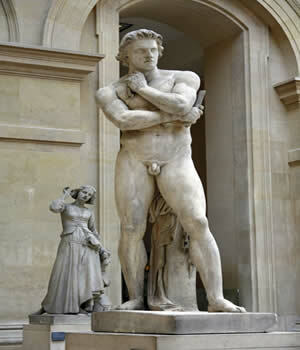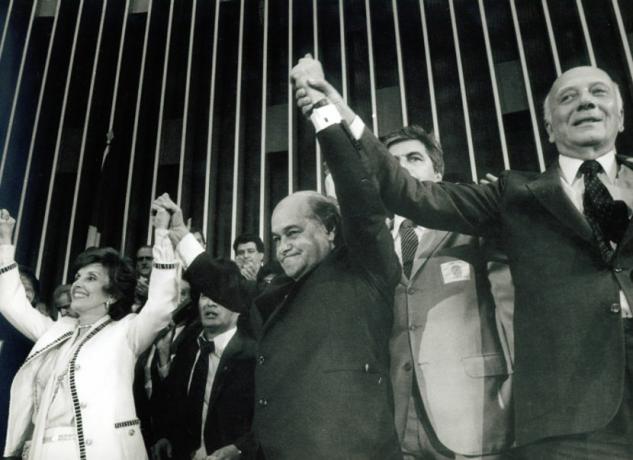THE arrival of the Portuguese in Brazil it is still today a question without clear answers. For a long time it was said that Pedro Alvares Cabral arrived in Brazil on April 22, 1500 by chance, after the squadron he was commanding deviated from the route traced after a storm.
But there are other versions of this story. There are documents that indicate the possibility that the Italian Amerigo Vespucci traveled along the Brazilian coast in June 1499. Other documents indicate that the Spaniard Vicente Pinzón also passed through here months after Vespucci. Diego de Lepe, also a Spaniard, would be another navigator to travel in Brazilian seas, in 1500.
But sources a little older still indicate that the Portuguese Duarte Pacheco Pereira had anchored in Brazil in 1498, by order of the King of Portugal, D. Manuel I. This information leads us to wonder whether there is a possibility in history of making very sure statements about events that took place a long time ago. Perhaps doubt is the best way to reach knowledge.
But what is officially certain is that the conquest of Brazilian territory by the Portuguese began with the arrival of Cabral, on April 22, 1500. It was the second trip organized by the Portuguese crown to the city of Calicut, in India. This Indian city was a place of intense trade and the first Portuguese expedition to arrive there, commanded by Vasco da Gama, in 1498, it made a lot of money for the Portuguese.
Cabral was in charge of achieving the same success as Vasco da Gama. For this, he left Lisbon on March 9, 1500, with a squadron formed by 13 vessels (3 caravels and 10 ships). It was the largest maritime expedition that had ever been organized. The expedition was financed by the Portuguese crown in banks in Florence, Italy, and by other merchants.
The trip took just over a month. The first sign of land seen by the Portuguese was the mount paschal, on the south coast of Bahia. It received this name because it was Easter time and the Portuguese were Catholic. Days later, they disembarked at a place they named safe harbor, today called Santa Cruz Cabrália, at Bahia.
The expedition clerk, Pero Vaz de Caminha, registered the first contact between the Portuguese and the local inhabitants. Caminha claimed that they were pure and good, marveling at the nakedness of the natives and how they were not ashamed of it. He still believed Caminha could easily be converted to Christianity.
Portuguese and indigenous people also exchanged products. Cabral had a stone cross erected to register that he had taken possession of the land. Two masses were held in the territory, celebrated by Friar Henrique Soares.
This land has had several names. The Tupi called it Pindorama, which in their language meant “region or country of palm trees”. The Portuguese, believing the newly known place to be an island, named it Vera Cruz Island. But they also nicknamed it land of parrots, due to the existence of many of these birds.
A few years later, they started calling her land of Santa Cruz, because they realized that Brazil was not an island. But the designation of Brazil it only took place in 1505 due to the existence of many pau-brasil trees, used in Europe for dyeing fabrics.
Pedro Álvares Cabral stayed here until May 1, 1500, when he ordered a ship return to Portugal carrying a letter from Pero Vaz de Caminha, giving the good news of the possession of the new territory. He left in the new lands two exiles (people condemned to live outside their place of origin) and continued his journey to the city of Calicut.
For a long time it was said that Brazil had been discovered by Pedro Álvares Cabral. But if there were already people inhabiting the place, how could Cabral have discovered it? The most correct thing would be to say that Cabral started Portugal's conquest of Brazil.
*Image Credit: Boris15 and Shutterstock.com
By Tales Pinto
Graduated in History


